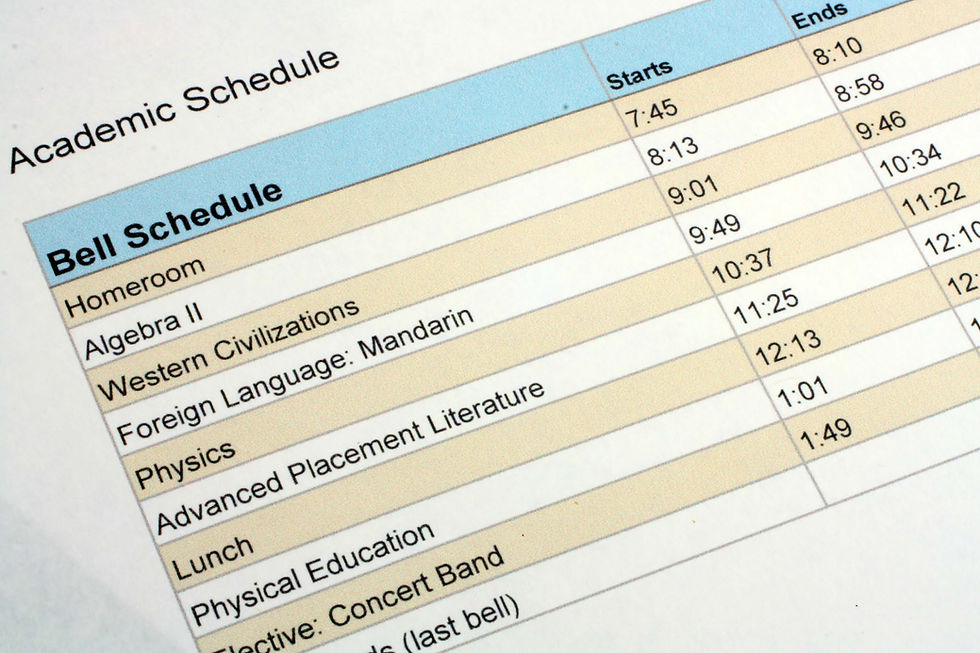Ace Your College Interview
- Katie Garrett, Founder

- Oct 23, 2025
- 2 min read
Updated: Oct 29, 2025

College interviews come in several formats: informational, recommended, and evaluative. Colleges offer interviews because they want to enroll students who will enhance their campus community and bring new ideas. Interviews are also wonderful opportunities for you to ask questions. Think of the interview as a two-way conversation; it's not just the college wanting to learn about you, but also about you finding out as much as you can to make an informed decision.
Informational interviews are the most common. This type focuses on an exchange of information: what do you want to know about the college, and what do they need to know about you? Interviews are typically conducted by a current student or an alumnus off campus at a public location convenient for you. Interviewers will reach out to schedule a meeting, usually at a coffee shop or on Zoom. Your interviewer will only have your contact information; they haven't read your application, essays, or seen your academic record. Their role is to assess your interest level and answer your questions. They provide feedback to the college but cannot render admissions decisions.
✅ Come well-prepared with 5–7 written questions that highlight your passions and enthusiasm.Examples:• "I've read about exciting research in the math department; how easy is it for first-year students to engage in faculty-led research?"• "I'm interested in the Living and Learning options. Can you share more?"
Recommended interviews are optional, but colleges suggest them for a reason. Participating shows genuine enthusiasm and initiative, especially at schools that track “demonstrated interest.” It’s a chance to personalize your application and show that you’ve taken the time to engage beyond the written materials.
Evaluative interviews become part of your application review. The interviewer will be trying to understand if you align with the types of students they're seeking. They'll be assessing intellectual curiosity, resilience, academic integrity, and personal drive.
✅ To prepare:
• Know what you want from the college
• Do your homework thoroughly
• Reread your application
• Be on time or early
• Learn about your interviewer if possible
• Prepare thoughtful questions
• Make steady eye contact
• Mention that this is your first-choice college—they’ll note it
✅ After the interview:
• Send a thank-you note that evening
• Email is fine—but no texts!
Expect questions about your major choice, why you want to attend, and your high school experiences. Talk about yourself in ways that highlight your strengths and connect your interests with the college's mission. Mention things not in your application, be enthusiastic, and practice in advance. Ask a counselor or another adult to practice for your interview to ease your nerves.
Interviewers understand you're nervous, but try to keep nerves in check. Breathe deeply, smile big, and walk in with confidence. You'll do just fine!
Garrett Educational Consulting provides comprehensive counseling for college and boarding school admissions as well as academic advisement. Click HERE to learn about our services.
Prepared especially for our clients and their families The information included in this newsletter is generic and assumes no liability for loss or damage due to reliance on the material contained herein. Copyright © 2025 by The College Advisor, Inc. All rights reserved.




Comments